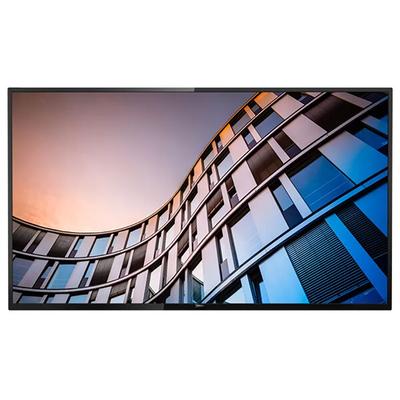HOW TO LOWER BLOOD PRESSURE NATURALLY
High blood pressure is also known as hypertension. Blood pressure is the amount of force exerted against the walls of the arteries as blood flows through them.
Causes
The heart is a muscle that pumps blood around the body.
Blood that has low oxygen levels is pumped towards the lungs, where oxygen supplies are replenished. The oxygen rich blood is then pumped by the heart around the body to supply our muscles and cells. The pumping of blood creates pressure.
If a person has high blood pressure, it means that the walls of the arteries are receiving too much pressure on a constant basis.
The causes of high blood pressure are divided into two categories:
- Essential high blood pressure: This has no established cause.
- Secondary high blood pressure: There is an underlying cause.
Even though there is no identifiable cause for essential high blood pressure, there is strong evidence linking some risk factors to the likelihood of developing the condition.
Most of the causes below are risk factors for essential high blood pressure. There are also examples of secondary high blood pressure:
1) Age
The older you are the higher your risk of having high blood pressure.
2) Family history
If you have close family members with hypertension, your chances of developing it are significantly higher. An international scientific study identified eight common genetic differences that may increase the risk of high blood pressure.
3) Temperature
A study that monitored 8,801 participants over the age of 65 found that systolic and diastolic blood pressure values differed significantly across the year and according to the distribution of outdoor temperature. Blood pressure was lower when it got warmer, and rose when it got colder.
4) Ethnic background
Evidence indicates that people with African or South Asian ancestry have a higher risk of developing hypertension, compared to people with predominantly Caucasian or Amerindian (indigenous of the Americas) ancestries.
5) Obesity and overweight
Both overweight and obese people are more likely to develop high blood pressure, compared to people of normal weight.
6) Some aspects of gender
In general, high blood pressure is more common among adult men than adult women. However, after the age of 60 years both men and women are equally susceptible.
7) Physical inactivity
Lack of exercise, as well as having a sedentary lifestyle, raises the risk of hypertension.
Signs and symptoms
Most people with high blood pressure will not experience any symptoms. It is often known as the “silent killer” for this reason.
However, once blood pressure reaches about 180/110 mmHg, it is considered a emergency known as a hypertensive crisis. At this stage, symptoms will show, including:
- headache
- nausea
- vomiting
- dizziness
- blurred or double vision
- palpitations, or irregular or forceful beating of the heart
- breathlessness
Anybody who experiences these symptoms should see their health care provider immediately.
Children with high blood pressure may have the following signs and symptoms:
- headache
- fatigue
- blurred vision
- nosebleeds
- Bell’s palsy, or an inability to control facial muscles on one side of the face.
Newborns and very young babies with high blood pressure may experience the following signs and symptoms:
- failure to thrive
- seizure
- irritability
- lethargy
- respiratory distress
People who are diagnosed with high blood pressure should have their blood pressure checked frequently. Even if yours is normal, you should have it checked at least once every five years, and more often if you have any contributory factors.
Treatment
Treatment for high blood pressure depends on several factors, such its severity, associated risks of developing stroke or cardiovascular, disease, etc.
Slightly elevated blood pressure
The health care provider may suggest some lifestyle changes if blood pressure is only slightly elevated and the risk of developing cardiovascular disease considered to be small.
Moderately high blood pressure
If blood pressure is moderately high and the health care provider believes the risk of developing cardiovascular disease during the next ten years is above 20 percent, the health care provider will probably prescribe treatments and advised on lifestyle changes.

